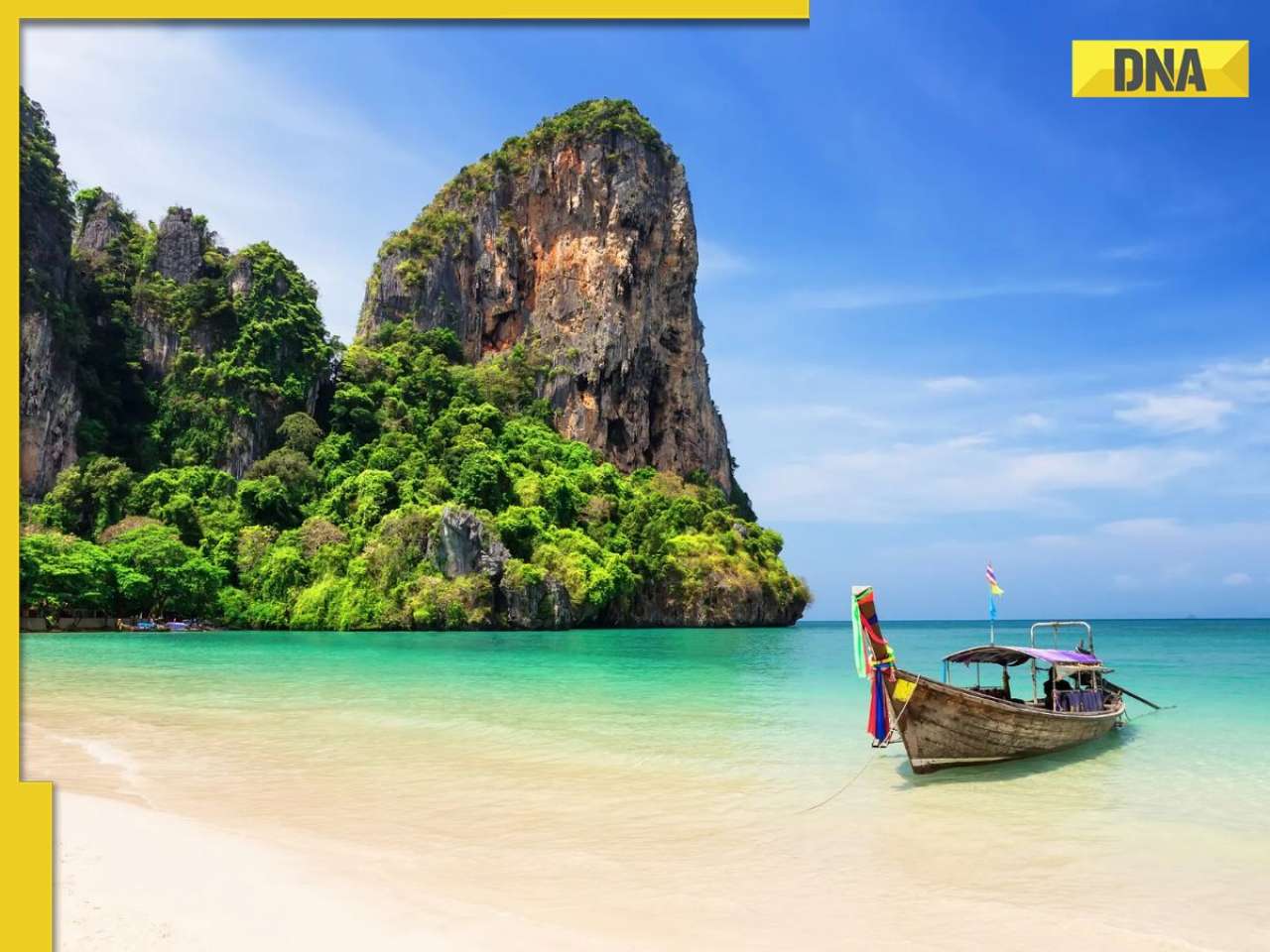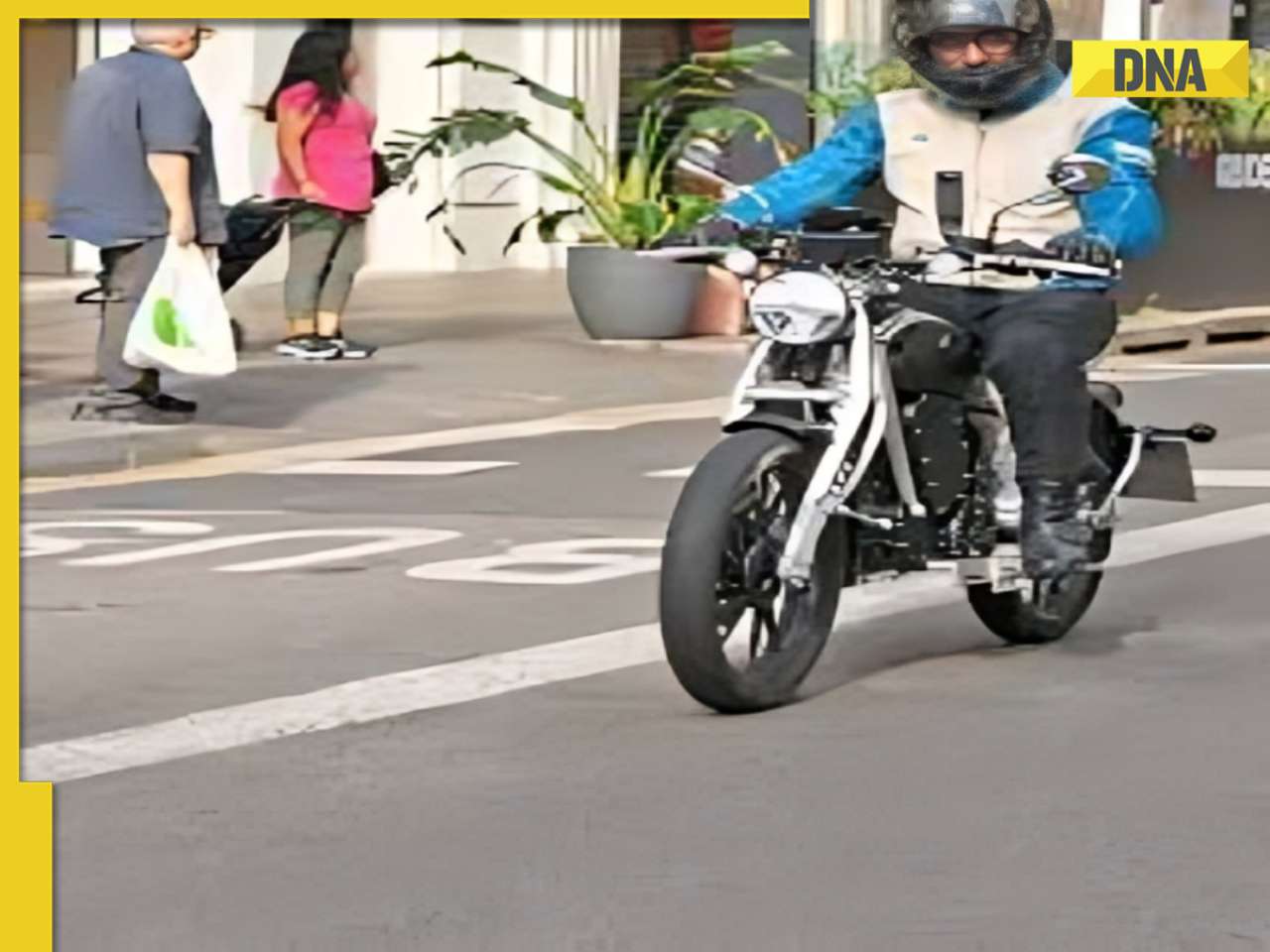- LATEST
- WEBSTORY
- TRENDING
WORLD
Australia presses Japan on whaling safety
Senior diplomats in Tokyo made "high-level representations" about safety in Antarctica's frigid waters.
TRENDING NOW
The futuristic anti-whaling protest boat struck by a Japanese harpoon vessel near Antarctica finally sank on Friday, prompting Australia to voice official concern about safety in the remote Southern Ocean.
Senior diplomats in Tokyo made "high-level representations" about safety in Antarctica's frigid waters. They also raised concerns about "spy flights" organised by Japanese whalers from Australian airports to track and foil protesters, Australia's environment minister Peter Garrett said.
Canberra, he said, was also keeping open the option of an international legal challenge to Japanese whaling if diplomatic negotiations with Tokyo failed to reach an outcome.
"If we don't see substantial and significant achievement in respect of those negotiations, and if we don't see it by the time the International Whaling Commission meets in June of next year, then the consideration of legal action will be one that will be fully in front of us," Garrett told reporters in Sydney.
The hardline Sea Shepherd Conservation Society's powerboat Ady Gil sank after having its bow sheared off in a collision with the Japanese security ship Shonan Maru No. 2.
Each side has blamed the other for the incident in which one crewman aboard the protest vessel was injured.
The $1.5 million trimaran had floated in the Southern Ocean for two days as anti-whaling protesters tried to tow it to safety at a French Antarctic research base.
Sea Shepherd Captain Paul Watson said the Japanese whalers ignored all distress calls after the boat was crippled, with the six crew picked up by a second Sea Shepherd boat nearby.
"They were responsible, they destroyed the vessel and (in) the effort to try and keep it from polluting the ocean, I think they should have offered some sort of assistance, but they didn't," Watson told Australian radio.
Environmentalists accuse Australia's centre-left prime minister Kevin Rudd of backpedalling on threats of an International Court of Justice whaling challenge to avoid damaging Australia's $58 billion trade relationship with Japan.
Some legal experts believe the Japanese cull is in breach of international laws including the Antarctic Treaty System and the Convention on International Trade in Endangered Species.
"The prime minister is very clear that legal action is firmly in front of us," Garrett said. A court challenge would lead to so-called provisional orders for Japan to immediately halt whaling ahead of a full hearing.
Japan's government-backed whaling fleet aims to harpoon up to 935 minke whales and 50 fin whales, classified as endangered, in the Southern Ocean during the current Southern Hemisphere summer.
Commercial whaling was banned under a 1986 moratorium. But the Japanese have continued to cull whales on grounds that this is for research purposes and to monitor their impact on fish stocks, ignoring criticism from anti-whaling nations.
Tokyo has lodged a protest with New Zealand's government over the collision, accusing the Ady Gil of suddenly slowing in front of the whaler, causing the collision. Video pictures show the activists shining laser pointers at the Japanese crew.
Both Australia and New Zealand have launched inquiries into the clash and appealed for calm on both sides.
Japan's government has previously branded Watson an "eco-terrorist". Two Sea Shepherd activists were confined on a harpoon boat in 2008 after boarding it in freezing waters to carry out protest actions.
Confrontations between whalers and opponents have become an annual feature of the hunt in Antarctic waters claimed by Australia but not recognised as Australian by Japan.








)
)
)
)
)
)
)
)
)
)
)
)
)
)
)




























































